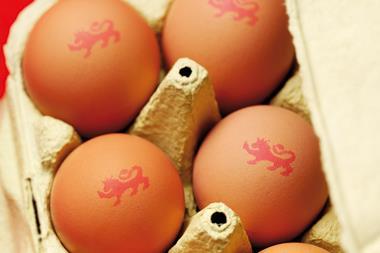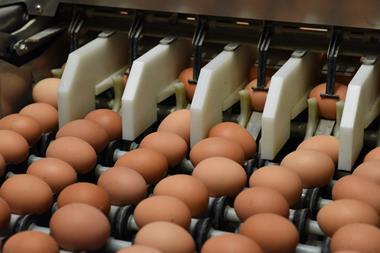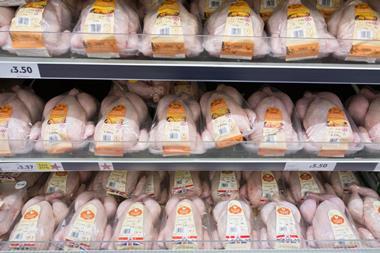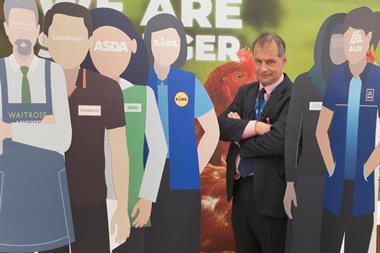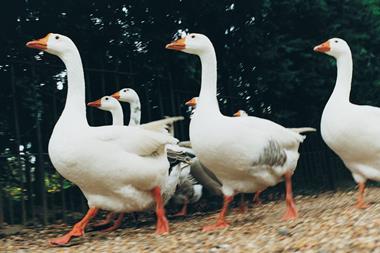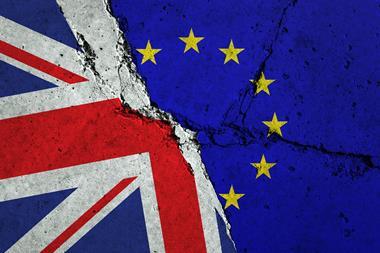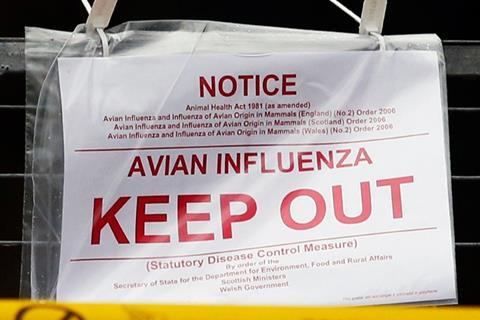
British poultry and egg producers have warned of growing threats to the viability of exports and production as a result of Brexit, avian influenza and the war in Ukraine.
Last week’s long delays at the Port of Dover were a stark reminder of “the need to ensure poultrymeat and breeding stock can cross borders without delay” the British Poultry Council said this week.
The hold-ups, which were in the main caused by bad weather and a temporary shortage of ferries, worsened the outlook for British poultry exporters to the European Union, where rules around jurisdictions affected by bird flu were hampering trade, it warned.
“EU requirements dictate that the meat from birds having ‘passed through’ an Avian Influenza Control Zone in secure, moving vehicles cannot then be exported to the EU”, the BPC said.
British poultry producers were already at a commercial disadvantage due to the UK not yet imposing physical checks on food imports from the EU, the BPC noted. Customs officals in EU member states have been checking goods from the UK since the two sides agreed a post-Brexit trade deal in late 2020.
Meanwhile, the bird flu crisis had worsened “an already very tenuous situation” for the egg sector, said Rebecca Tonks, CEO of producer St Ewe Free Range Eggs.
Over the past year, producers have come under intense pressure from rising fuel, power and feed costs, which have increased again since the Russian invasion of Ukraine two months ago. A “lack of feed” as a result of the war in Ukraine was also causing problems, she added.
Warning of knock-on impacts on sectors such as baking, which depend on a reliable supply of eggs, Tonks said more needed to be done to ensure farmgate prices covered the cost of production.
“The effort that has gone into producing this really nutritious commodity, it’s just totally treated with no value whatsoever,” she said, pointing out a pint of beer can cost more than a frozen chicken, while a barista coffee was typically more expensive than a dozen eggs.
“We need to produce food at home in the UK and we need to protect it,” Tonks added.







